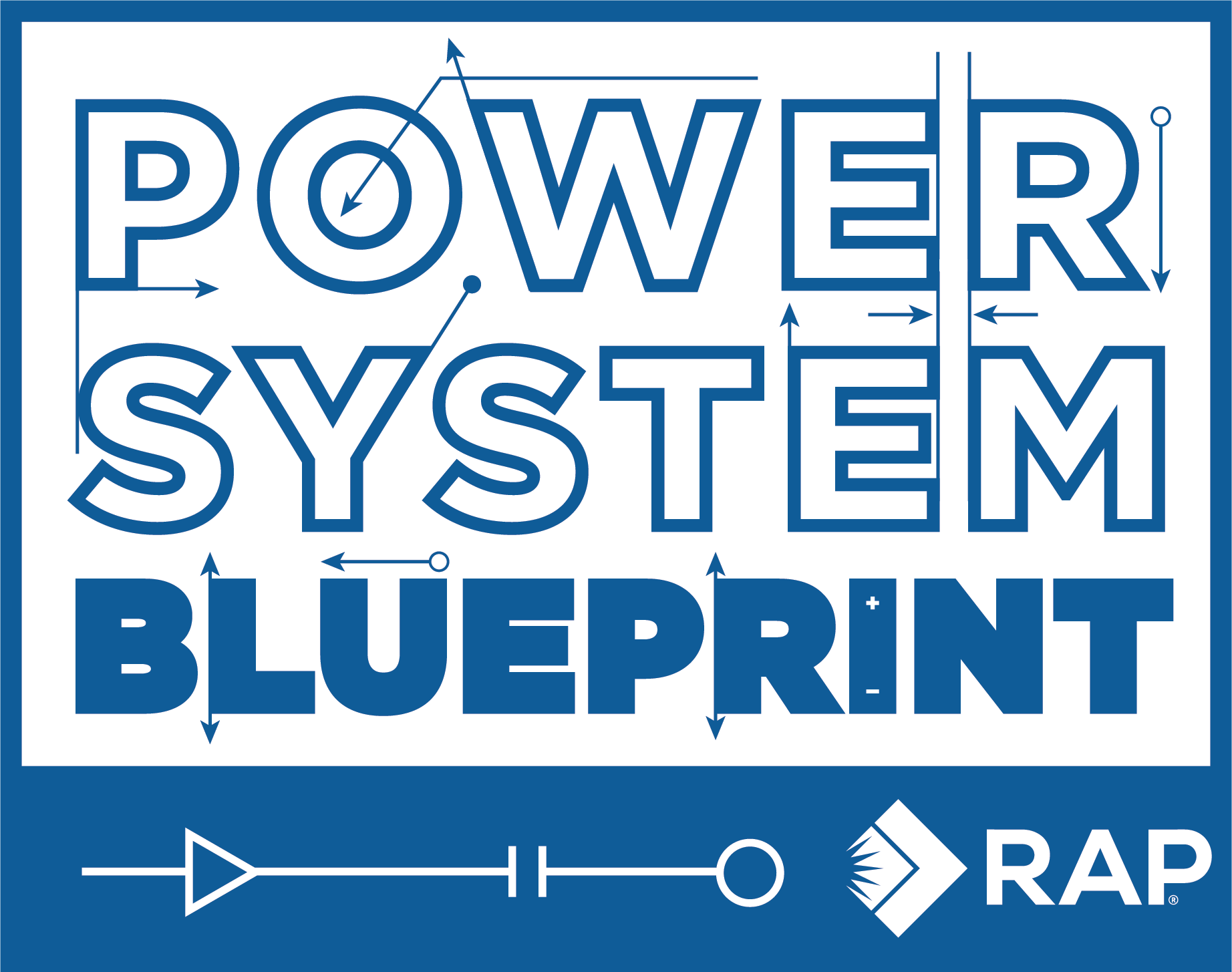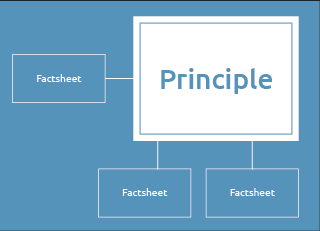SUMMARY
Energy communities are organised groups of energy consumers, including citizens, small businesses and local authorities, that together try to have a bigger say in their energy choices, save money or just help one another. These communities first and foremost facilitate social cohesion and innovation. By creating the right regulatory and market conditions, energy communities can also deliver tangible grid benefits. They can unlock a distributed resource potential aggregators have had a hard time accessing. This way they can be key enablers of investments in distributed energy resources, such as solar, wind, storage or district heating.
WHAT
Energy communities support grid management
HOW
Increase access to market products, capacity building, aggregators
WHO
Regulators, DSO/TSO
WHEN
Medium term
European regulations give energy communities a level playing field with other energy market participants. A sequence of potential energy market products or grid services could provide revenue for energy communities: flexibility and demand response, balancing and ancillary services. Distribution grid operators will develop markets or financial incentives for local grid services, which may be an opportunity for energy communities. There may be opportunities from offering aggregated generation and demand side flexibility portfolios in capacity markets, though that will likely be less evident as these markets tend to be geared towards traditional generation plants.
In many ways, the energy system services by energy communities overlap with commercial aggregators. But the unique local community character of energy communities may make them better suited to tackle local congestioncongestion Whenever a particular element on the transmission or distribution network reaches its limit and cannot carry any more electricity. Also a situation where trade between two bidding zones cannot be fully accommodated because it would significantly affect the physical flows on network elements that cannot accommodate those flows. or power quality problems. They may also be better able to attract individual energy consumers, local authorities and businesses that may otherwise not be interested to join an aggregator. Energy communities and aggregators can further explore possible synergies. Service providers, like aggregators, could develop appropriate offers and approaches, and energy communities may want to acquire the skills to seize market opportunities.

Source: Claeys, B. (2021). Energy communities with grid benefits: A quest for a blueprint. Regulatory Assistance Project.
Key Recommendations
- Information to come.
References and Further Reading
- Claeys, B. (2021). Energy communities with grid benefits: A quest for a blueprint. Regulatory Assistance Project.
- European Commission. (2021). Energy communities.
- Published:
- Last modified: August 13, 2024

 Quick guide on how to use this website:
Quick guide on how to use this website: